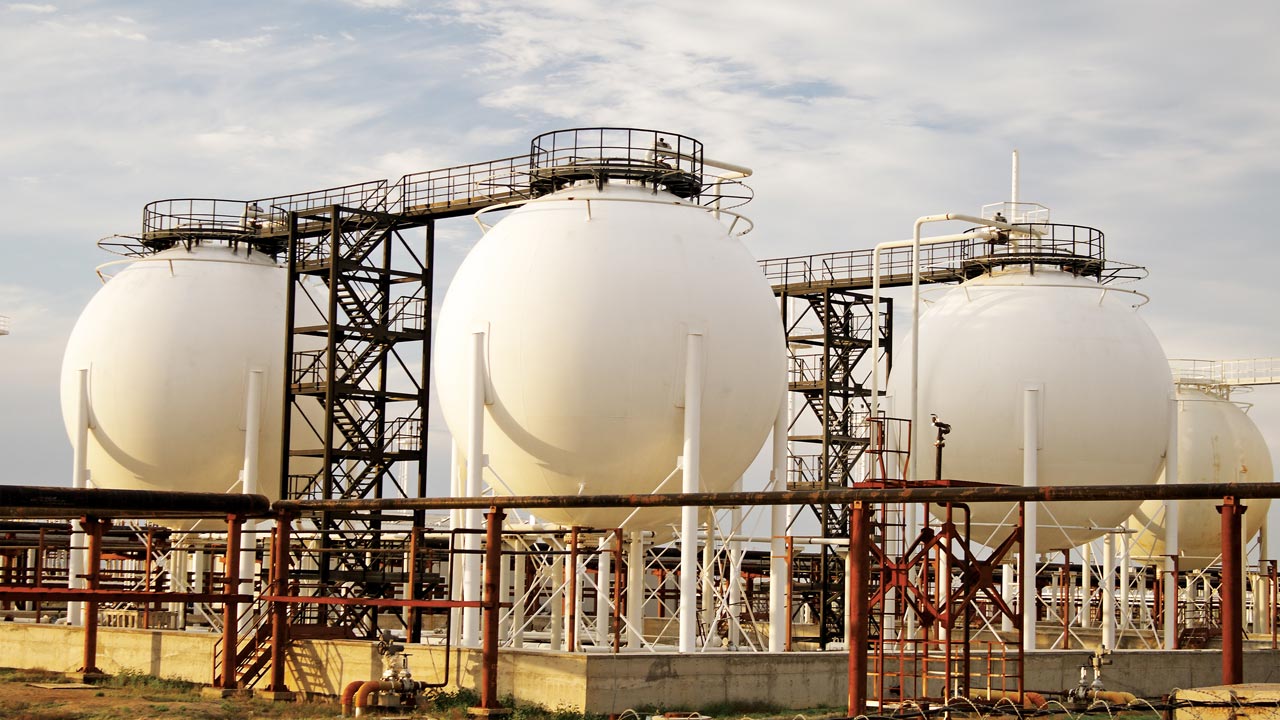- Nigeria Losing 500mmscf of Gas Daily – NNPC
The Nigerian National Petroleum Corporation stated on Monday that on a daily basis, over 500 million standard cubic feet of gas were being shut in by producers as a result of the problems in the power sector.
According to the corporation, the non-evacuation of electricity has resulted in shut-in of gas producer wells, adding that this was a critical challenge for Nigeria’s gas industry.
The Group Managing Director, NNPC, Maikanti Baru, stated this in a keynote address at the Nigerian Gas Association’s 11th International Conference and Exhibition in Abuja.
“It is important to point out that due to the problems in the power sector, particularly transmission and distribution, the industry is forced to shut in over 500mmscfd of gas meant for the power sector that would have generated about 2,000 megawatts of electricity,” Baru stated.
He said this challenge had necessitated discussions for electricity grid upgrade and captive power generation, among others.
The NNPC boss said “There are issues around power transmission and evacuation. Non-evacuation of power has led to back pressure on the transmission lines, which has also resulted in shut-in of producer wells. Thus, it is a cyclical challenge.
“This challenge will definitely dovetail into discussions around national grid upgrade, grid decentralisation, off-grid power and captive power, among a host of alternatives.”
Baru, however, noted that the demand for gas in the country was unprecedented, as the average gas production was in the region of 8.5 billion standard cubic feet per day.
He stated, “Today, we have an unprecedented demand for gas, which far outweighs the global average growth rate. This growth is mostly fuelled by demand from the power sector following massive investment in power plants (National Integrated Power Projects) and relocation of gas-based industries to Nigeria.
“Our current average gas production is in the region of 8.5Bscfd. Of this volume, about 43 per cent or 3.7Bscfd is exported; 32 per cent or 2.7Bscfd is utilised for gas re-injection/gas-lift; 18 per cent or 1.5Bscfd is used domestically for power and industries; while the balance of seven per cent or 0.6Bscfd is unfortunately being flared.”
Baru, however, expressed hope that the new regulation and penalty on gas flaring would lead to a reduction in the volume of flared gas in Nigeria.
He told delegates at the conference that in the last eight years, the national oil firm had completed over 500 kilometres of gas pipelines.
According to him, the NNPC is currently completing the construction of the strategic 48-inch by 130km Obiafu-Obrikom-Oben East-West Interconnection Pipeline, which should deliver 2Bscfd of gas.
“We expect to complete and inaugurate this pipeline early 2019. In addition, we are completing the expansion of the existing Escravos to Lagos Pipeline to double the installed capacity of the ELPS from 1.1Bscfd to 2.2Bscfd. This line is expected to be inaugurated by the end of this year,” he added.
Baru said the corporation had identified seven key gas development projects to forestall any shortfall, at least, in the medium term.
“These projects are an integral leg of the gas development strategy designed to leverage the full potential of gas to meet the target of generating at least 15 gigawatts of electricity by 2020,” he added.

 Forex2 weeks ago
Forex2 weeks ago


 Naira2 weeks ago
Naira2 weeks ago
 Billionaire Watch1 week ago
Billionaire Watch1 week ago




 Naira2 weeks ago
Naira2 weeks ago




 Naira1 week ago
Naira1 week ago




 Naira4 weeks ago
Naira4 weeks ago
 Nigerian Exchange Limited4 weeks ago
Nigerian Exchange Limited4 weeks ago


 Naira3 days ago
Naira3 days ago






















